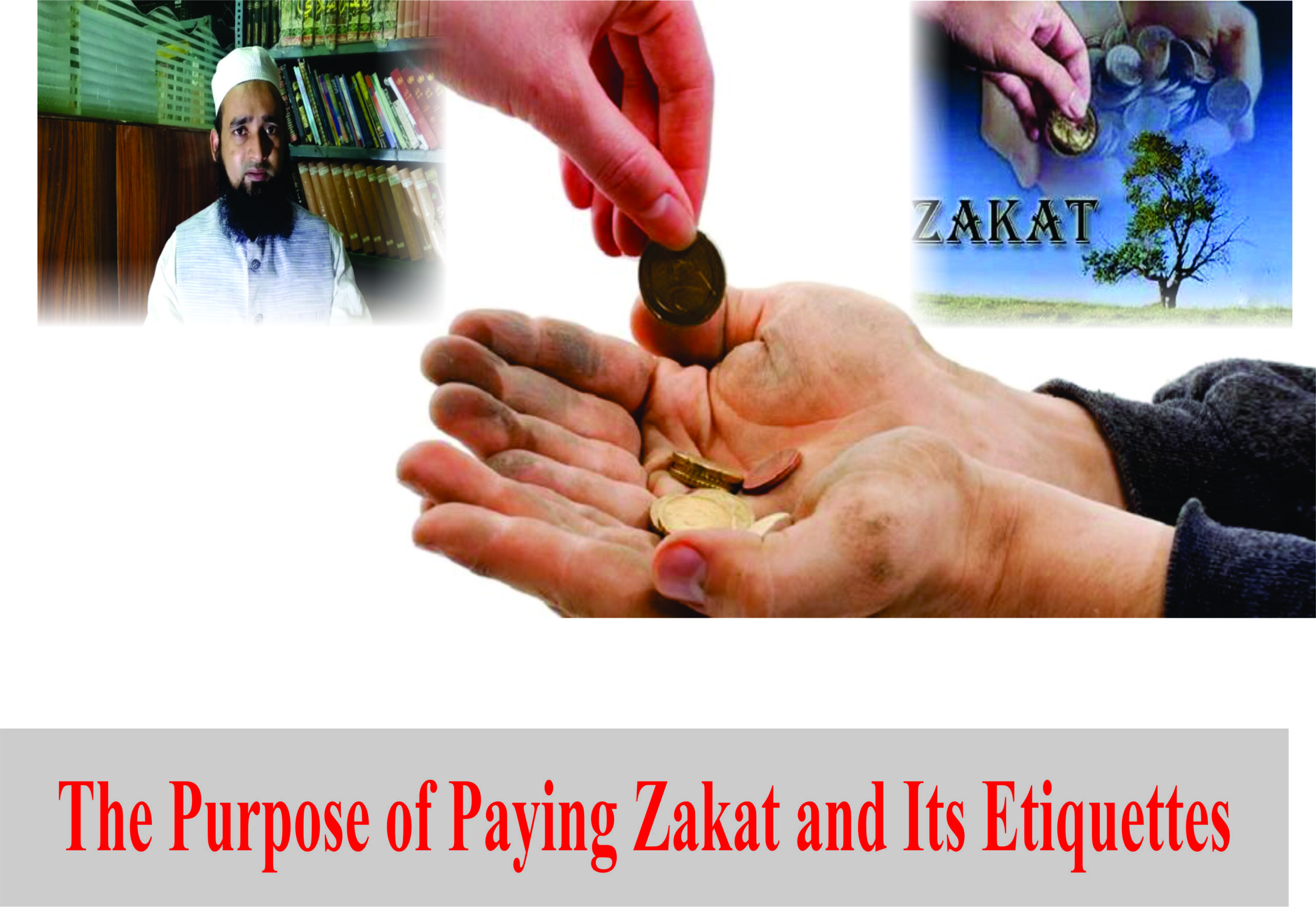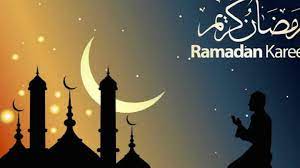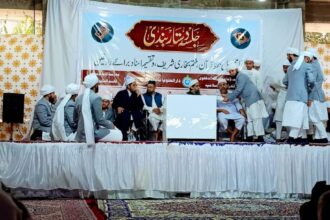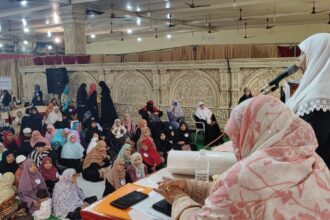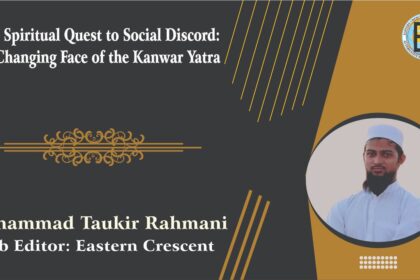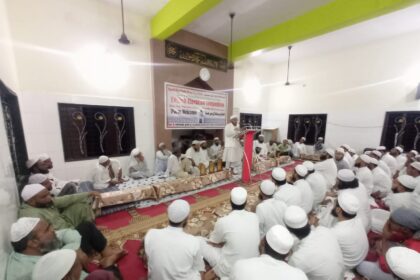By: Mufti Jaseemuddin Qasmi
The writer is lecturer at Markazul Ma’arif Education & Research Centre (MMERC), Mumbai and Co-ordinator Online Darul Ifta
This is a custom almost all over the world that Muslims pay their zakat in the month of Ramzan. This custom is appropriable because in Ramzan the reward of deeds grows in contrast to other month. The reward of farz (obligatory worship) grows 70 fold and the reward of nafl or optional worship grows equal to the reward of farz.
Uthman ibn Affan (ra) used to say about Ramzan, “This is the month for you to pay your zakat. If you have any debts then pay them off, so that, you can sort out your wealth and take the zakat from it.” [Muatta Malik-17]
This hadith shows that it was also the common custom in the age of sahaba to pay zakat in Ramzan and it proves too that the debt would be deducted from the main balance while paying zakat.
Zakat is a compulsory due upon Muslims but this is not a burden for a true and wise Muslim.
This mortal world is like an exam period for us. Allah Almighty blessed us with wealth, possessions and other good things of this world in order to test us; the test is that whether we are totally lost in them or use them judiciously for Allah and thank Him profusely again and again. It is to examine us how much we are obedient to His command. So, the wealth is given to us is as a part of exam as the Glorious Qur’an termed the wealth as a trial saying: “Your riches and your children are but a trial and Allah has with Him a great reward. So, observe taqwa (total obedience to Allah in awe of Him) as much as you can, and listen and obey, and spend (in Allah’s way), it is better for your selves. And those who are saved from the greed of their hearts are the successful.”[Surah Tagabun-15, 16]
Allah provided us with wealth and informed us that we are owner of 97.5 percent out of our wealth and the rest one is the right of needy people. So, if we are not giving the right to the poor, it means we are oppressors and consumers of other’s wealth wrongfully which is strictly prohibited in Islam.
It is sufficient to mention the virtues and importance of zakat that Allah Almighty Himself mentioned zakat in the Holy Qur’an at 32 places and at 15 places denoted the word sadaqa which includes zakat as well.
Paying zakat purifies our wealth as there is a right of poor in our wealth, so wealth becomes solely pure by paying poor’s rights as the Qur’an speaks: “And those in whose riches there is a specified right for the one who asks and the one who is deprived,” [Surah Ma’arij]
Furthermore, the giving of zakat lessens the love of money in a Muslim’s heart. This brings him closer to Allah (swt).Our heart becomes pure from the rust of miserliness by paying zakat. We strengthen our inner human feeling and morality by helping the indigent and destitute . Our wealth increases and gets the blessing of Allah if zakat is paid as the most truthful book the Qur’an declares: “Allah destroys riba and nourishes charities, and Allah does not like any sinful disbeliever.” [Surah Baqrah, Ayah: 276] It further speaks: ‘The example of those who spend in the way of Allah is just like a grain that produced seven ears, each ear having a hundred grains, and Allah multiplies (the reward) for whom He wills. Allah is All-Embracing, All-Knowing. [Surah Baqrah, Ayah 261]
Zakat arrests the coming of troubles and calamities and it protects against bad death. [Tirmizi]
Paying zakat will save us from the severe and humiliating punishment in the Hereafter as the Glorious Qur’an says: “…And those who accumulate gold and silver and do not spend it in the way of Allah, give them the glad tiding of a painful punishment” [Surah Tauba-34]
And Allah’s prophet (saws) says: “Anyone whom Allah has given wealth but he does not pay its zakat, then, on the Day of Resurrection, his wealth will be presented to him in the shape of a bald-headed poisonous male snake with two poisonous glands in its mouth and it will encircle itself round his neck and bite him over his cheeks and say, “I am your wealth; I am your treasure.” Then the Prophet (saws) recited this Divine Verse: Surah Aal Imran Ayah No.180.” [Sahih al-Bukhari 1403]
Who is bound to pay zakat
In Islam, zakat is incumbent on every sane, matured and wealthy Muslim. ‘Wealthy’ means, the person who possesses quantum of zakat, that is, 612.35 grams of silver or its equivalent value.
Some important points about zakat
- One must be absolute owner of the wealth.
- The quantum must be besides the basic needs. Basic needs mean necessary things and objects of daily use.
- Zakat is only incumbent on the objects which are able to grow financially such animal, crops, gold, silver, money merchandise and shares.
- Zakat is obligatory when one complete year crossed over the quantum.
- Gold and silver are always zakatable though they are used as ornaments. The quantum of zakat by silver is 52.5 tola i.e. 612.36 g. and in gold 7.5 tola i.e. 87.479 g. If someone possesses silver and gold or both or silver and rupees or both rupees and gold both or all three then the quantum of zakat for him would be in silver.
- Objects and land are zakatable if they are for business.
- Zakat is obligatory every year and it is never forgiven. If someone did not pay some previous years’ zakat, he will have to pay later.
8.There is no zakat on pearls, diamonds and lands if they are not for business.
9.Debts are of two types; what people take normally to fulfill their need and another is what they for commercial purpose. Normal debt will be exempted from Zakat while commercial loan will not be exempted.
Etiquette in paying zakat
It is better that zakat money should be given to any needy person in a way that he could fulfill his need. For instance, if he is debtor, he could pay his debt by the given amount, and if he is a traveler then he could reach to his destination and so on.
Who are not eligible to receive zakat money
Zakat cannot be given to two kinds of relatives; 1. With whom one has a relation of birth and 2.With whom one has marital relation. [Raddul Muhtar] So, one cannot give zakat to his son, daughter, grandson, granddaughter, father, mother, grandfather, grandmother because one has birth based relation with them. In the same way, husband cannot dispense his zakat to his wife and wife cannot give her zakat to husband.
There is no harm to give zakat to other relatives such as brother, sister, uncle, aunt, father in law, mother in law, sister in law if they are needy. Rather it is better to prefer relatives in zakat expenditure because Allah’s prophet (saws) said: “Charity given to the needy is counted as charity, and if it is given to relatives, it is counted as two: charity and nurturing (the ties of kinship).”[Nasai- 2582]
Zakat and compulsory payable sadaqah cannot be dispensed to Sayyed and Hashim families.
Zakat and Islamic Madaris
One should pay zakat sincerely and he should spend for the needy in a respectful way. Allah says in the Glorious Qur’an: “O you who believe, do not nullify your acts of charity by boasting about (doing people a) favour and by causing (them) hurt, like the one who spends his wealth to show off before people, and does not believe in Allah and in the Last Day…[Surah Baqrah, Ayah:264]
So, if someone comes to us to receive zakat, we should not look down him but we should consider him as he is favoring us. As Allah’s prophet (saws) says: “When the charity collector comes to you, then he should not depart from you except after being pleased.”[Jami` at-Tirmidhi 647]
In zakat expenditure, priority should be given to those who are pious and God-fearing because Allah’s prophet (saws) said: “You should eat from a pious person and feed a pious person.” And to the ulama and the student of Islamic Madaris because there are two rewards in it one for helping needy by zakat and secondly for helping them in spreading Islam. It is also preferable to dispense Zakat to those who are needy but due to self-respect they do not beg openly though go hungry and live difficult live. [Al-Baqrah, Ayah: 273]
To conclude one can say that Ramazan is a training for the soul to rid its excessive attachment to food and drink and physical relations so that Muslims may hone their inner spirits and acquire an angelic grace and keep away from the blandishments of their material selves. In this state, they can come closer to Allah, realise the pangs of hunger and feel compassionate towards the poor. They will then become true momins and the penance and fortitude practiced in this month will then last for the whole of the year.

